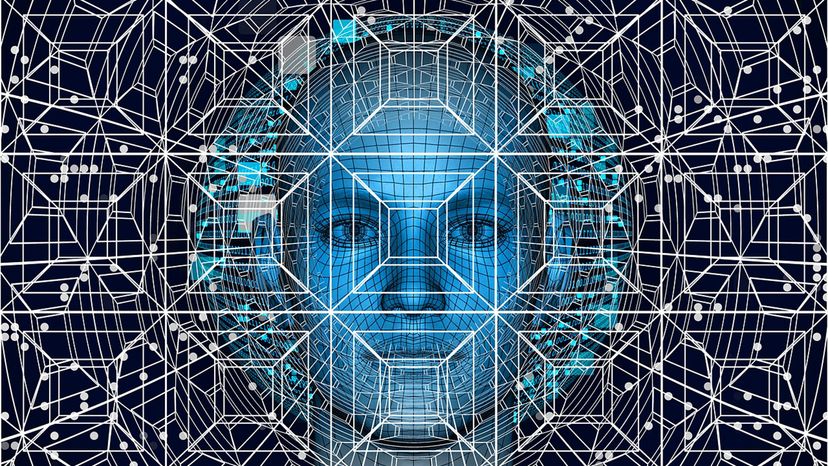
How does AI work? It helps to start at the beginning. Back in October 1950, British techno-visionary Alan Turing published an article called "Computing Machinery and Intelligence," in the journal MIND that raised what at the time must have seemed to many like a science-fiction fantasy.
"May not machines carry out something which ought to be described as thinking but which is very different from what a man does?" Turing asked.
Advertisement
Turing thought that they could. Moreover, he believed, it was possible to create software for a digital computer that enabled it to observe its environment and to learn new things, from playing chess to understanding and speaking a human language. And he thought machines eventually could develop the ability to do that on their own, without human guidance. "We may hope that machines will eventually compete with men in all purely intellectual fields," he predicted.
Nearly 70 years later, Turing's seemingly outlandish vision has become a reality, thanks to monumental advancements in the field of computer science and AI research. Artificial intelligence, commonly referred to as AI, gives machines the ability to learn from experience and perform cognitive tasks, the sort of stuff that was once thought to be reserved for human intelligence.
AI is rapidly spreading throughout civilization, where it has the promise of doing everything from enabling self driving cars to navigate the streets to making more accurate hurricane forecasts. On an everyday level, AI figures out what ads to show you on the web, and powers those friendly chatbots that pop up when you visit an e-commerce website to answer your questions and provide customer service. And AI-powered personal assistants in voice-activated smart home devices perform myriad tasks, from controlling our TVs and doorbells to answering trivia questions and helping us find our favorite songs.
But we're just getting started with it. As AI technology grows more sophisticated and capable, it's expected to massively boost the world's economy, creating about $13 trillion worth of additional activity by 2030, according to a McKinsey Global Institute forecast.
"AI is still early in adoption, but adoption is accelerating and it is being used across all industries," says Sarah Gates, an analytics platform strategist at SAS, a global software and services firm that focuses upon turning data into intelligence for clients.
Advertisement
